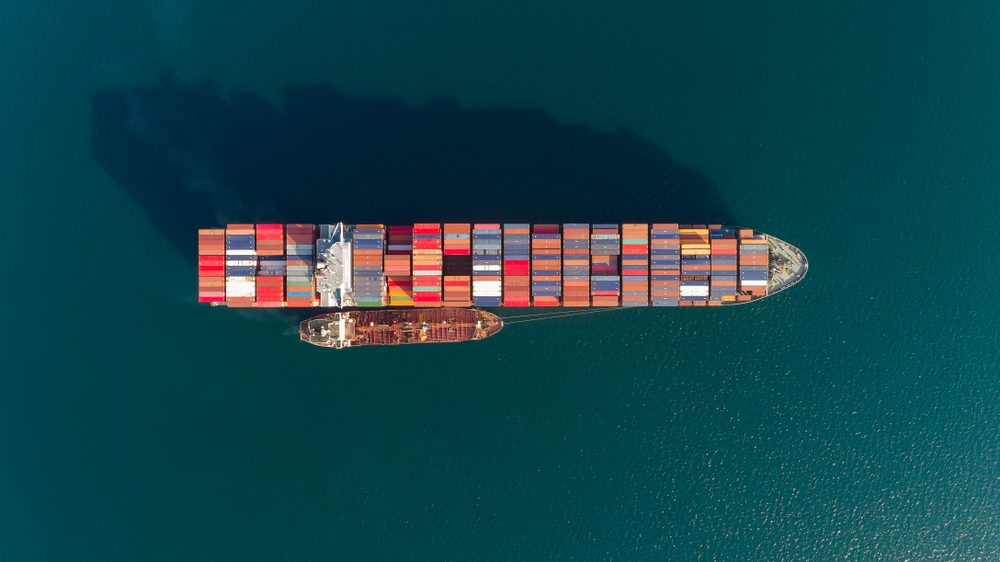VladSV / Shutterstock
By Alex Longley (Bloomberg) — A Danish shipping company is planning to use waste vegetable oil to power its fleet, the latest in a list of fuel innovations from a transportation industry that’s under intense pressure to lower its carbon footprint.
D/S Norden A/S, which runs more than 300 merchant ships, doesn’t yet know how many companies will want their cargoes delivered on ships powered by vegetable oil, but it will aim to offer the service for “selected number of carbon-aware customers next year, and then scale it from there,” said Chief Executive Officer Jan Rindbo in a phone interview.
Shipping needs to halve its greenhouse gas emissions by 2050 from 2008 levels under guidelines set out by the International Maritime Organization, which is part of the United Nations. That quest, which could also cut fuel costs, already spawned multiple innovations and experiments over the past few years. Those include vessels that glide on bubbles and carriers with giant rotor sails on their decks. In more prosaic terms, naval architects improved efficiency through better hull design.
“We had the test voyage in 2018, we will roll this out in 2019 and we can do it on a much larger scale in 2020,” Rindbo said of the vegetable-oil option. “There are issues around scalability, and these are early stages, but we do think it could be part of the solution.”
The vast majority of Norden’s vessels haul dry-bulk cargoes like coal, iron ore and grains. The shipper plans to buy its sustainable fuel from Netherlands-based GoodFuels Marine, Rindbo said. The venture is partially backed by Vitol Group’s Varo Energy.
According to Rindbo, the plan is effectively carbon neutral since the vegetable oil has already been used and would otherwise be disposed of. It would also help to address another shipping-industry challenge: sulfur emissions. From 2020, vessels will have to drastically reduce the amount of the pollutant they emit into the air. Vegetable oil doesn’t contain any.
Clean Seas, Clean Skies
Oceans aren’t the only place where the transport industry is attempting to lower its carbon emissions. Researchers in search of renewable jet fuel are now working with a rendered form of animal fat known as beef tallow — the byproduct of processed meats — as a potential, sustainable alternative to fossil fuels. Austrian refiner OMV AG is creating a premium product that it says will allow planes to fly farther.
Most merchant vessels today run on conventional shipping fuel that’s typically made from the residues that remain after oil refineries have turned crude into other products like gasoline and diesel.
© 2018 Bloomberg L.P

 Join The Club
Join The Club











